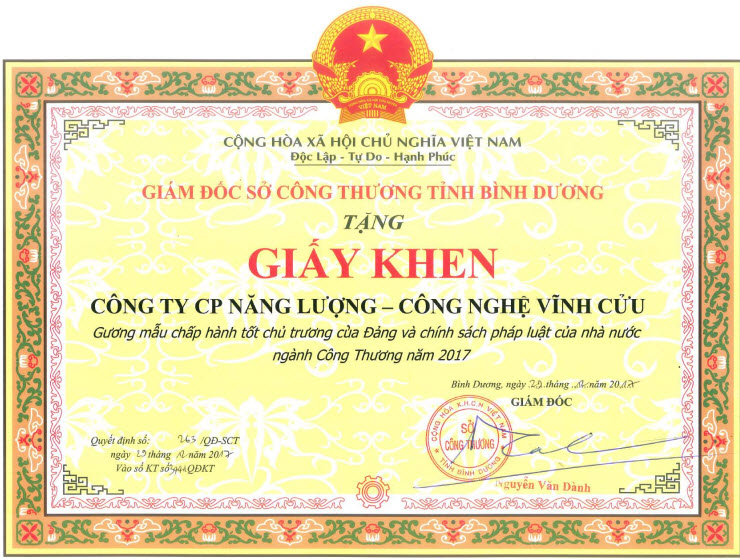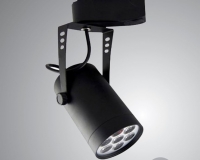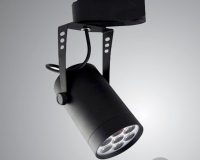Top News
Mr. Nguyen Quan Chinh, Vice Chairman, People's Committee of Quang Tri Province came to visit the site of LED installation.
Switching to energy efficient electrical appliances
Integrating environmental considerations into household products and appliances requires strategic thinking at every stage of design, attendees at a recent webinar heard. Organised by the EU-funded G.EN.ESI project, the webinar presented new ways of supporting the development of commercially viable, cost effective products with significantly reduced environmental impact.

This, ultimately, has been the key aim of the G.EN.ESI project. Due for completion at the end of January 2015, the project has developed a software engineering platform to boost the eco-design and product sustainability of electronic and mechatronic products. Here, manufacturers can find tools to help them evaluate technical solutions during early design stages, and assess their impact on the whole product life cycle.
Energy consumption has become a key consideration for product manufacturers. The residential/domestic sector makes up about 20 % of global energy consumption, with greenhouse gas emissions from the sector exceeding 35 %. Household appliances contribute greatly to this energy consumption.
This is why the EU recently took action to reduce energy consumption in the home. At the beginning of this year, new energy efficiency measures went into force that the Commission estimates will save the same amount of energy that is current consumed by 11 million homes a year, and also save consumers EUR 45 per household in energy bills. These measures include energy labels for cooking appliances and products sold online, and automatic stand-by requirements for connected devices and coffee machines.
The G.EN.ESI project therefore addresses a real manufacturing need. Appliance manufacturers must consider ecological aspects when designing new products, while at the same time remaining cost competitive. The project estimates that early design decisions - during the conceptual phase for example – influence between 70 and 80 % of the total product cost, so it is clearly vital that all decisions taken are informed decisions.
However, while advanced software tools already exist to support designers in their functional, structural and aesthetical choices, no easy-to-use tools exist for the environmental evaluation. The project’s software platform addresses this gap, by helping product designers make ecological design choices without losing sight of cost.
Furthermore, the platform can be completely integrated with other design and development tools, such as CAD for example. While the proposed approach is targeted primarily at the household appliance field, it can be easily extended to other mechatronic products. The project has also contributed to international eco-design standards by suggesting rules and guidelines to manage the design process of eco-sustainable products.
The webinar, held on 12 January 2015, was attended by around 30 academics and industrialists. The event began with an introduction to the G.EN.ESI project, followed by a demonstration of the software tools currently being developed. The webinar concluded with a question and answer session led by Helen Cornwell of the University of Bath, a key partner in the G.EN.ESI project.
Source: Cordis.europa.eu
Newer articles
- Alternative Energy: Rain Power (08/02/2015)
- EVN Enhances Power Saving (08/02/2015)
- Hanoi promoting Energy saving in industrial production (08/02/2015)
- The car of the future is all about energy efficiency (31/01/2015)
- Energy Saving in Transportation Promoted (31/01/2015)
Older articles
- Can we create an energy efficient Internet? (27/01/2015)
- Nearly $1B Available for PACE Projects in 2014 (27/01/2015)
- Energy efficiency in rural UK ‘up 3,000%’ (27/01/2015)
- Smart windows could help make buildings more energy efficient (27/01/2015)
- Panasonic “Smart Town” In Japan Centered Around Solar Energy & Storage (23/01/2015)
Devices
Energy Audit
ONLINE
(0909.901.045)
| MOU SIGNING CEREMONY ABOUT SPECIAL LED WITH COB TECHNOLOGY FOR FISHING SHIPS BETWEEN QUANG TRI PPC AND NEDO |







































